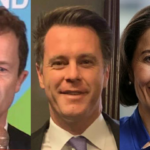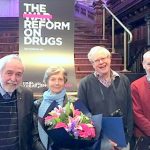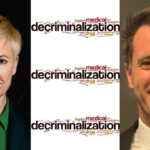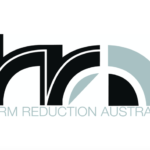Sydney’s Veteran Drug Law Reformists Call for Decriminalisation of Drug Possession
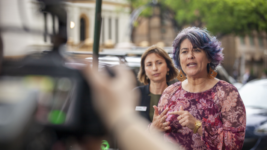
Sydney has a well-established and well-oiled drug law reform/harm reduction community made up of a group of experts, many with lived experience, who, despite the unwillingness of politicians to see the light, have long been pointing to its direction at the end of the long tunnel called prohibition.
Some of those key reformists descended upon NSW parliament on Wednesday to remind state politicians that while they may not be privy to the progressive outcomes that can reveal themselves as a result of honest discussions about illicit substances, they’ve seen the outcomes before.
The last time such talks took place in this state was at the 1999 NSW Drug Summit. Hosted by the Carr Labor government of the time, it led to changes in attitude and the approach taken to drugs, with the chief one being the establishment of the Uniting Medically Supervised Injecting Centre.
The Uniting Church NSW. ACT was behind the coming together of prominent figures from the late 90s summit to reiterate its positive impacts, the importance of having frank discussions about the war on drugs and why the current NSW premier is misguided in his stalling on a new summit.
This reawakening of the spirit of the 1999 roundtable was necessitated because premier Chris Minns ran in the March election on a platform that included holding a drug summit, which would likely consider decriminalisation. Yet, when Murdoch pushed him on the issue in August, he reneged.
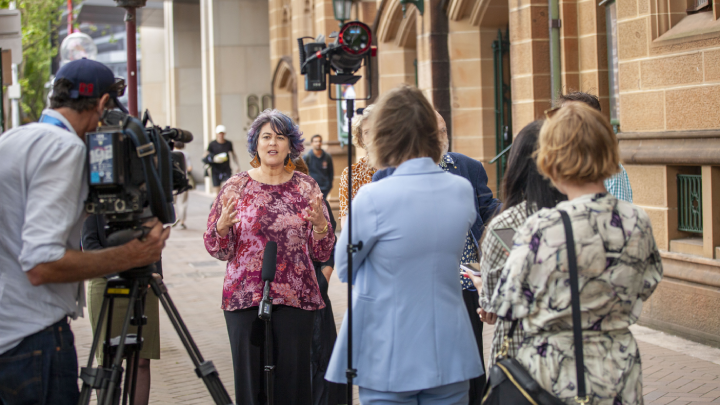
Reducing the harms
“The pace of reform, generally, is frustrating, and that is a shame on both side of politics” Uniting NSW.ACT general manager external relations and advocacy Emma Maiden told a crowd of reporters outside parliament following a meeting highlighting the need for a new drug summit.
“In terms of decriminalisation, well, they’ve introduced a diversion scheme,” she continued in regard to the Minns government. But in relation to Uniting’s “Fair Treatment campaign”, she added that it recommends the “decriminalisation of possession and use of small amounts of drugs”.
Decriminalisation is widely considered the way forward in order to end the persecution of people who use drugs, as a means of combatting use. Yet, this zero-tolerance approach keeps these people hidden in the shadows, unable to seek help and punishes them for law enforcement failures.
Since 2001, Portugal has been operating a system of drug decriminalisation that’s lauded the world over, while the ACT has just launched its own decrim policy. However, when the Daily Telegraph quizzed him on this in August, Minns suggested there was “no mandate” for such reform in NSW.
For those gathered at the reunion of the 1999 NSW Drug Summit on Wednesday, they’d been expecting decriminalisation to be on the table at a new drug summit promised by Labor prior to the two last state elections.
Launched in 2018, Fair Treatment is a decriminalisation campaign involving Uniting and more than 70 other civil society organisations, including the NSW Bar Association.
But in the face of all this, the Minns government amended a law, so it can now implement a depenalisation scheme, which sees those in possession, receiving two cautions prior to arrest. This diversion program was first proposed by then Liberal attorney general Mark Speakman last year.
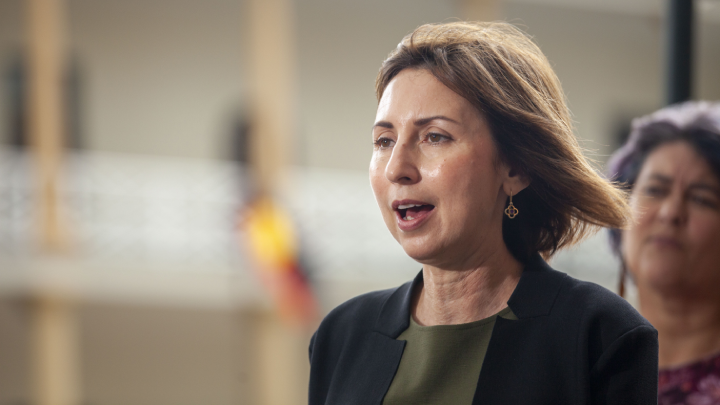
Stalling for votes
“It’s really time to end the criminalisation of people who use drugs, and all of the social and health harms that come with that: the stigma, the discrimination, the incarceration rates, the drug-related deaths,” Harm Reduction Australia executive director Annie Madden told reporters on Wednesday.
“This summit is an opportunity to have some meaningful and open discussion…. We’ve heard about that today. But we need the premier to announce the summit,” she stressed, “the date and form it will take, so we can all get on with the business of saving lives and reducing drug-related harms.”
Greens MLC Cate Faehrmann has told Sydney Criminal Lawyers that she’d expected the premier to hold the summit at the earliest possible date, as then premier Carr did post taking out the 1999 state election. That was until Minns told Murdoch that it would be pushed back to later in the term.
Some of those gathered considered the Wednesday meeting in parliament an ideal time for the Labor leader to have taken the initiative to announce the date. But while Liberal health spokesperson Matt Kean attended this week’s meeting, NSW health minister Ryan Park pulled out.
Further attendees of Wednesday’s meeting included veteran drug law reformist Dr Alex Wodak, former premier Bob Carr, Sydney lord mayor Clover Moore and the original director of the Kings Cross injecting facility Dr Ingrid van Beek. Indeed, the meeting was standing room only.
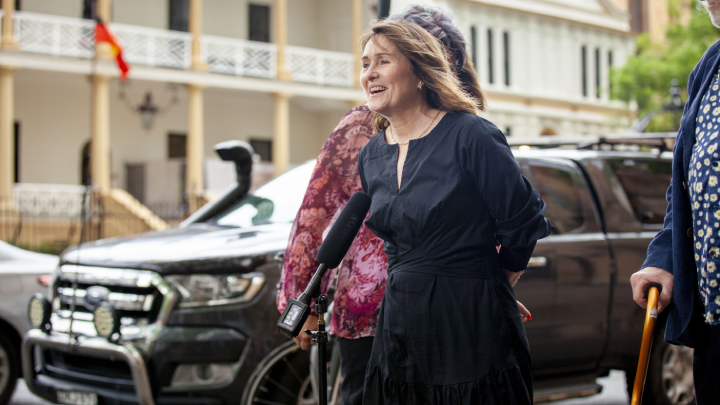
Lifesaving intervention
“I lost my son Damien, aged 23 at the time, to a heroin overdose,” said Family Drug Support CEO Tony Trimingham outside parliament. “When he died, we were losing four people a day in Australia to drugs. Today, we are still losing four people a day.”
“I’m here to ask for policies that save lives,” outlined the father, who’s been campaigning on the issue for decades now. “Because it can happen to anybody – any family. I talk to at least one person a week who has lost somebody. We have got to do something to stop it.”
Trimingham, who stressed that the evidence for change is already on the table, is an example of the parents and families in the community who have suffered loss and realise that the “just say no” approach to drug use, which successive premiers have championed of late, is a failure.
In the ACT, people who use drugs will no longer be charged for personal drug possession and use of the most popular drugs on the black market, and since mid-2022, those living in the nation’s capital can take these illicit substances to a fixed site to test them for toxicity prior to ingesting them.
Local drug law reform group Unharm called upon Minns to implement pill testing trials in September, which the premier rejected outright. And just like clockwork, in the final days of that month, two young men died in drug-related circumstances at a western Sydney music festival.
Yet, despite the resistance of the majors, parliament is awash with minor party politicians calling for change. Faehrmann introduced her pill testing legislation on Wednesday, whilst Legalise Cannabis MLC Jeremy Buckingham tabled a bill to regulate legal adult use and home cultivation of cannabis.
Maiden stressed to reporters that both these two proposals should be passed immediately and trialled prior to next year’s desired but-still-to-be-established drug summit.
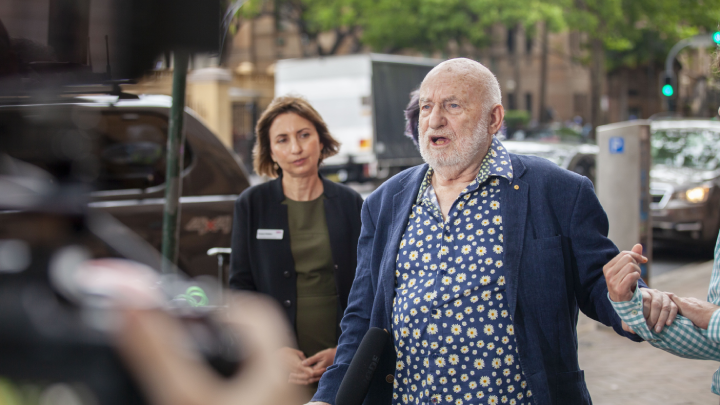
A willingness within the chambers
“What we’ve heard today is a few key themes. One is about being able to have an open and honest conversation,” said Dr Marianne Jauncey, who is the medical director at the Kings Cross injecting facility, which has saved thousands of lives since it first opened its doors in 2001.
The doctor added that the current prohibitive laws governing drug use are contributing to stigma, which in turn makes those with a drug issue unable to ask for help. And she added that on Wednesday parliamentarians of all sides of politics had shown a willingness to see change.
“We have to take all of our politicians on this journey. That is why we are calling for a multiday parliamentary summit where all MPs are invited to take part,” Dr Jauncey ended.
“They can hear firsthand the evidence in order to give them the courage and the experience and the wisdom to be able to make change.”


